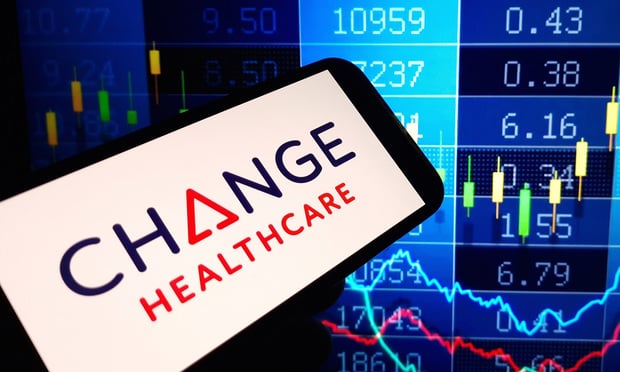As if the trauma of integrating electronic health records weren’t bad enough,now the medical profession faces an even more difficult transition:regarding patients as consumers.
|This latest affront to the profession—one that affects medicalinsurers as well—comes as a direct result of the national effort toencourage people to take greater control of their medical care. Obamacare madecitizens aware that they had choices and challenged them toeducate themselves. Suddenly, yesterday’spatient became tomorrow’s potential customer.
|A recent Modern Healthcare survey—the CEO PowerPanel—recognized this new focus on consumerism and askedrespondents detailed questions about how they are positioningthemselves as consumer-facing businesses.
|Much like the profession’s reluctant adoption of EHR, medicine’sshift toward consumerism has been in general slow, cautious andkind of all over the place, the survey found.
|On the other hand, insurers have made greater strides in thatdirection, according to the survey. But then, they had to.Obamacare’s focus on transparency and choices in coverage quicklyforced insurers to recast their products and rethink theircustomers.
|Regardless of what the medical profession may think of thisshift toward consumerism, those high-ranking executives interviewedclearly understand the need to view patients as consumers. Whenasked how quickly consumerism was growing in health care, more thanhalf said “rapidly” and another quarter said “as fast as the restof health care.”
|When asked about the importance of having someone in seniormanagement with consumer experience outside of health care, 30percent said “very important and nearly 10 percent said “vital.”Only about 4 percent dismissed the concept as completelyunimportant.
|The survey revealed that health care organizations are still inthe early stages of consumer awareness. When asked to list theirpriorities for making a shift toward consumerism, 40 percent saidthey were focused primarily on eliciting consumer satisfactioninformation and general feedback on how well they were respondingto consumers. Coming in a distant second place, at 19 percent, wasoffering consumers greater convenience. Dead last, at 5percent: Greater price transparency with consumers.
|When asked what consumerism initiatives they planned toimplement over the next three to five years, respondentsoverwhelmingly (60 percent) selected “expand online services. Theyshowed little interest in linking patient-generated health datawith a patient’s EHR (9 percent) and only modest interest inexpanding clinic hours to accommodate patients and offering“patient-friendly billing practices,” both at 15 percent.
|But that may all change if and when more health care companiesappoint a Chief Consumer Officer to lead the internal evolution.Currently, just 31 percent said they had a single executive incharge of consumerism, and only 24 percent had a Chief ConsumerOfficer. But, with 87 percent saying they are now training all employees to be more consumer conscious, it appearsinevitable that more companies will decide to accelerate theirconsumer reorientation by putting someone in charge of theinitiative.
Complete your profile to continue reading and get FREE access to BenefitsPRO, part of your ALM digital membership.
Your access to unlimited BenefitsPRO content isn’t changing.
Once you are an ALM digital member, you’ll receive:
- Critical BenefitsPRO information including cutting edge post-reform success strategies, access to educational webcasts and videos, resources from industry leaders, and informative Newsletters.
- Exclusive discounts on ALM, BenefitsPRO magazine and BenefitsPRO.com events
- Access to other award-winning ALM websites including ThinkAdvisor.com and Law.com
Already have an account? Sign In
© 2024 ALM Global, LLC, All Rights Reserved. Request academic re-use from www.copyright.com. All other uses, submit a request to [email protected]. For more information visit Asset & Logo Licensing.








